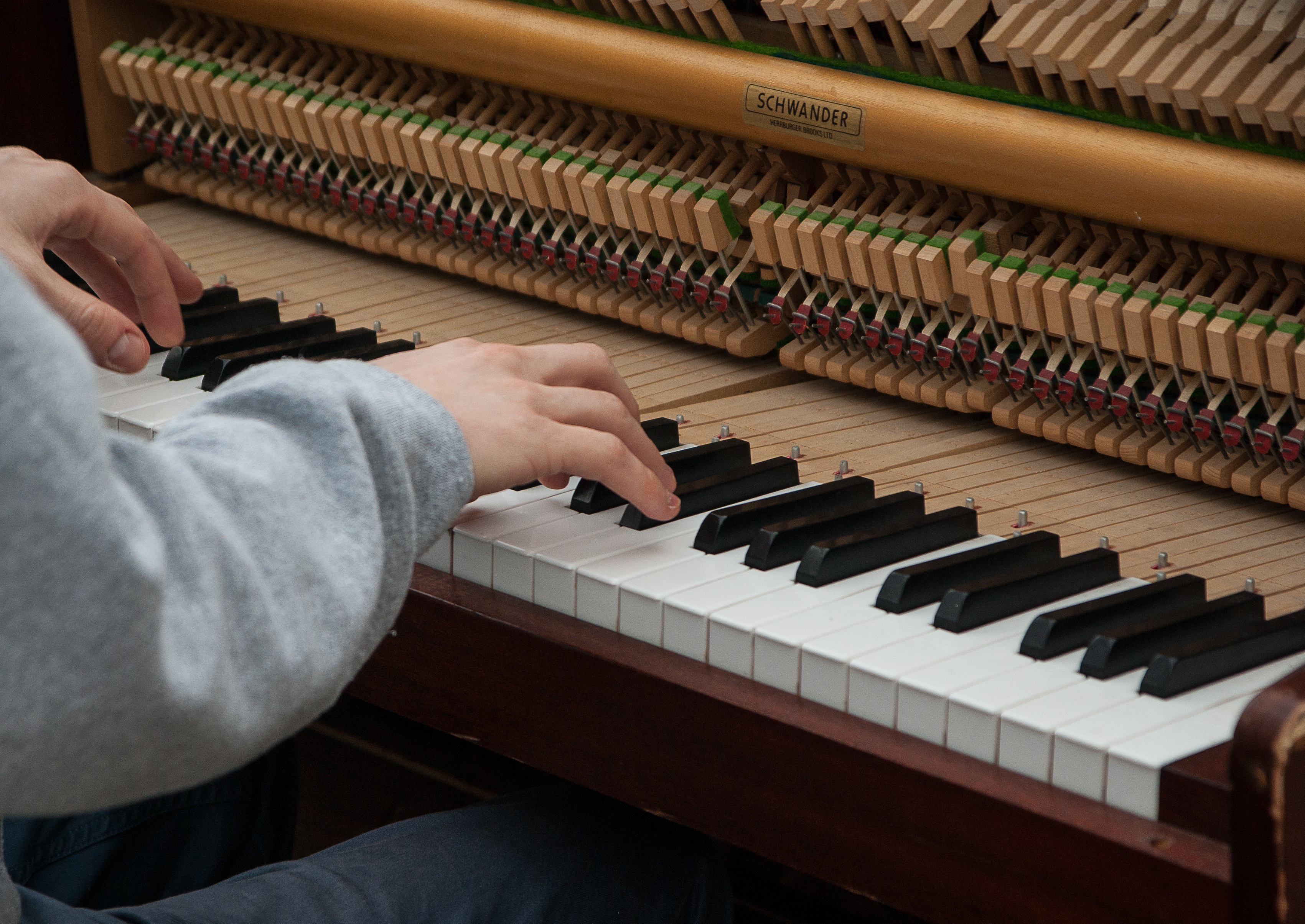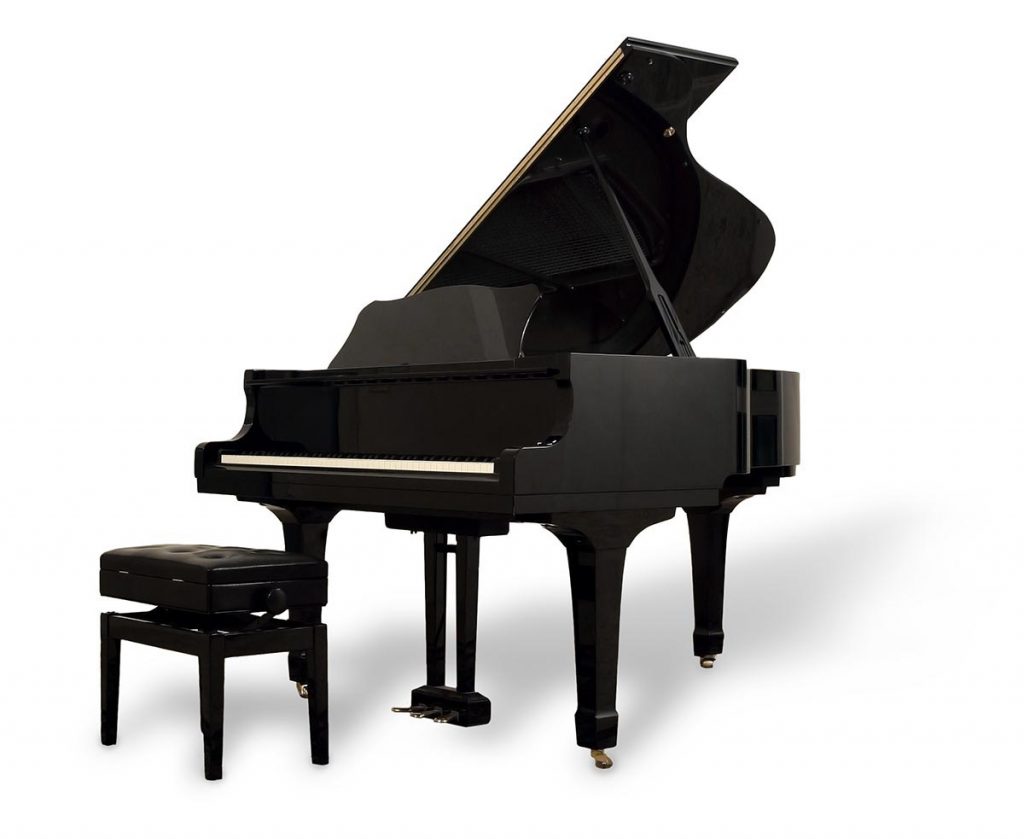
He says that the industry is welcoming, and a good way in is to (as he himself did) obtain an apprenticeship to build up your knowledge. There’s a three-year course at Lincoln College and a one-year course at Northampton. There are some great college courses on offer for those who would like to come into this profession. He says that Bach is so inventive, and much of his music suits his preference for more intimate, smaller-scale performances. He has wide tastes in music, from folk through to Classical and Baroque (especially Bach) and a fair bit of jazz.

He has sat its admission test, which is pretty exacting, and covers both tuning and repairs. He’s had the benefit of having joined the Pianoforte Tuners Association. This sort of device, Steve believes, is not a replacement for traditional, aural tuning but can be a valuable extra tool for getting the best possible results. These days a smartphone with an app like Verituner can also be very helpful to calculate the tuning to perfectly match each piano’s unique scaling. A whole range of specialist tools are needed, including the tuning lever, wedges/mutes to silence the strings you don’t want to hear, and a variety of adjustment and voicing tools. They need to be capable of repairing the instrument while away from the workshop. Piano tuners need to be craftspeople as well as have a musical bent. Indeed, one of the great challenges is to be able to deal with each instrument’s idiosyncrasies and imperfections! And there’s the art of dealing with a concert piano, sometimes played very forcefully but which needs its tuning to be as stable as possible. There’s a skill in bringing out the best from each piano, taking into account its inherent limitations. Essentially, tuning is a matter of listening for the beats caused by the conflicting harmonics of different notes when played together, then making the necessary adjustments to the pitch.

After 3 years or so in addition to many domestic clients, he was tuning pianos on board the cross-channel ferries, and for some of the concerts at Portsmouth Guildhall.Ī lot of reading also helped Steve gain an understanding of the theory of tuning and the techniques needed for repair and adjustment of pianos. So it was opportune that once he closed his pottery business in the 1990s he obtained an apprenticeship to become a piano tuner with Marcus Roberts and Gerry Salway of Roberts Pianos fame. This involved spending as much time as possible at his shop in Southsea, tuning a wide variety of the pianos that passed through the business.
#Piano tuner apprenticeship how to#
He loves making and mending things, including guitars, having taught himself how to work in wood. But he has played the guitar from the age of ten, sometimes in folk bands, so has always been involved in some way with musical performance.

Quite by contrast, he went to art college where he specialised in pottery, and he subsequently ran a hand-made pottery business for over 15 years. Steve (or Stephen – he doesn’t mind which!) doesn’t come from a traditional music background.


 0 kommentar(er)
0 kommentar(er)
